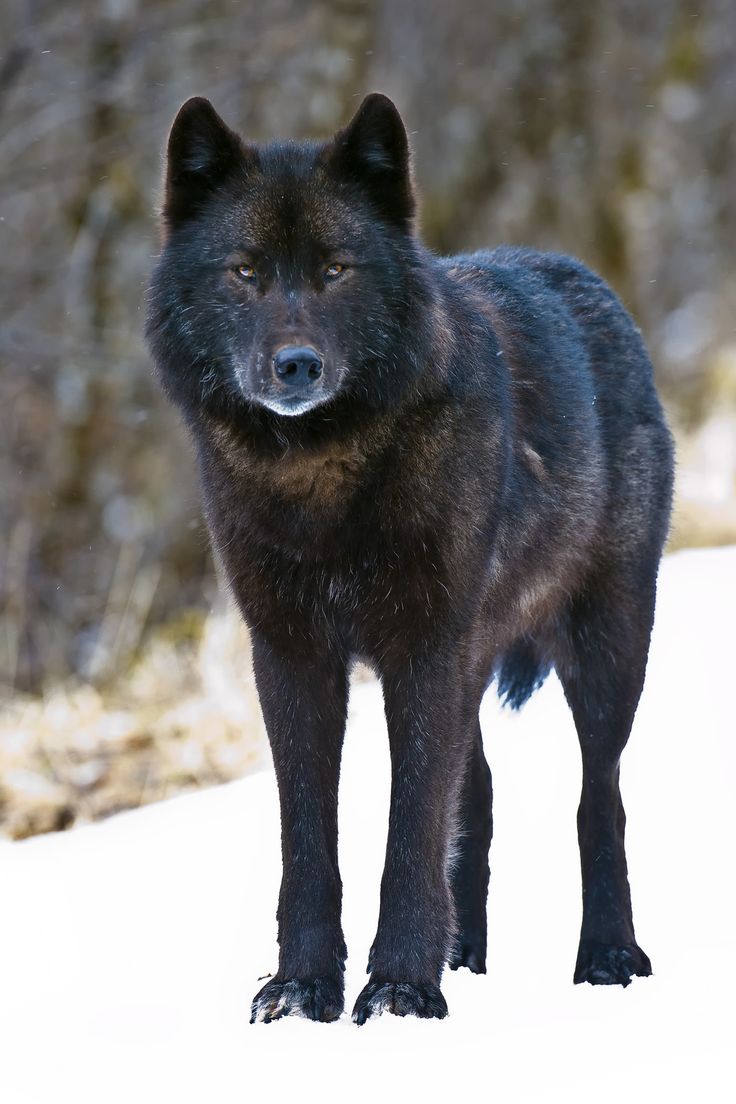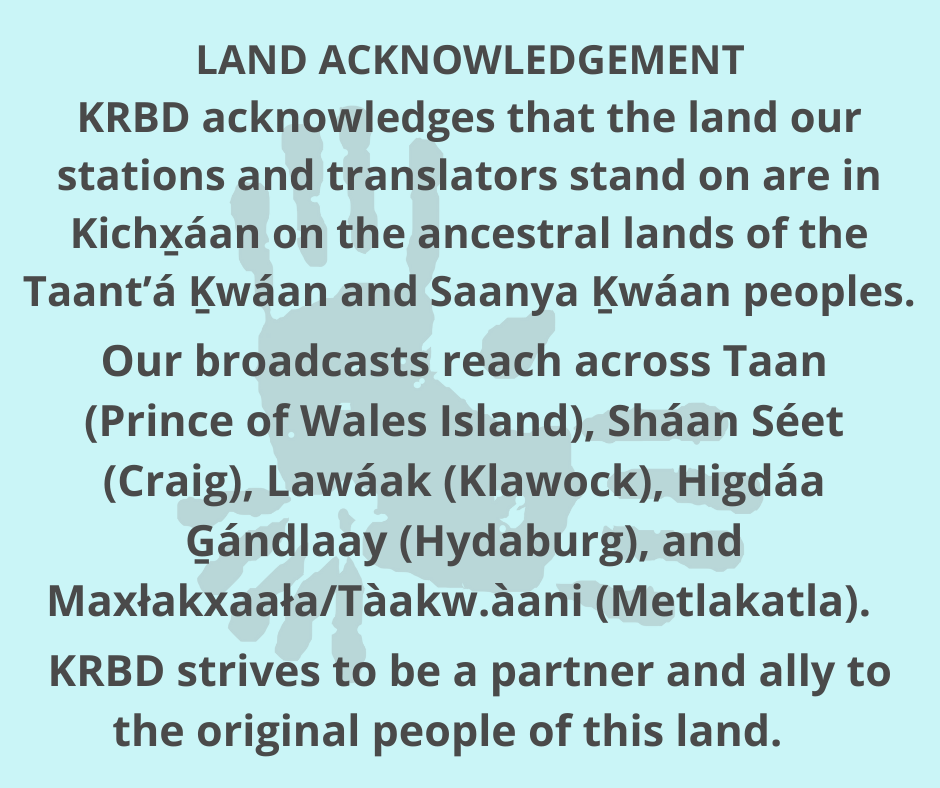
An undated photo of an Alexander Archipelago wolf in Southeast Alaska. (Photo by Robin Silver/Center for Biological Diversity)
State wildlife officials have reported that 68 wolves were taken by trappers on and around Prince of Wales Island.
Conservationists had unsuccessfully sued to block the 21-day trapping season. They argued that the state and federal officials are allowing wolves to be killed unsustainably.
But regional wildlife supervisor Tom Schumacher says the Alaska Department of Fish and Game’s managers are confident the island’s Alexander Archipelago wolf population is healthy.
“If you can catch 68 wolves in three weeks,” Schumacher told CoastAlaska, “I think that means you still have a pretty robust population of wolves.”
The state agency estimated around 316 wolves in the fall of 2019. But that number doesn’t include the record 165 wolves reportedly killed by hunters and trappers over four weeks later that year.
State biologists won’t have the fall 2020 population estimate until later this year to assess the impact of the latest harvest.
“We’re pretty confident that we’ll have a fall population right within our population objective range of 150 to 200 wolves,” Schumacher said.
Conservationists argue that the wolf population is threatened and that some hunters and trappers don’t report their kills. The Center for Biological Diversity filed a petition with federal authorities to list the grey wolf subspecies.
“This level of carnage shows that wolves in Southeast Alaska desperately need the protections of the Endangered Species Act or they’ll become another statistic in the wildlife extinction crisis,” Shaye Wolfe, a staff scientist in Oakland, California wrote in a statement for the organization.
Prince of Wales residents have testified in hearings that the true wolf population is higher than official estimates. Many blame the canine predators for the falling deer population where venison is an affordable alternative to expensive store-bought meat.
Conservationists counter that decades of commercial clear cuts on Prince of Wales Island forests are to blame for thin deer herds. A legal challenge filed by the Anchorage-based Alaska Wildlife Alliance is headed for trial. A date is expected to be set in February.
Editor’s Note: This article has been corrected to reflect that the trapping season was 21 days long.








